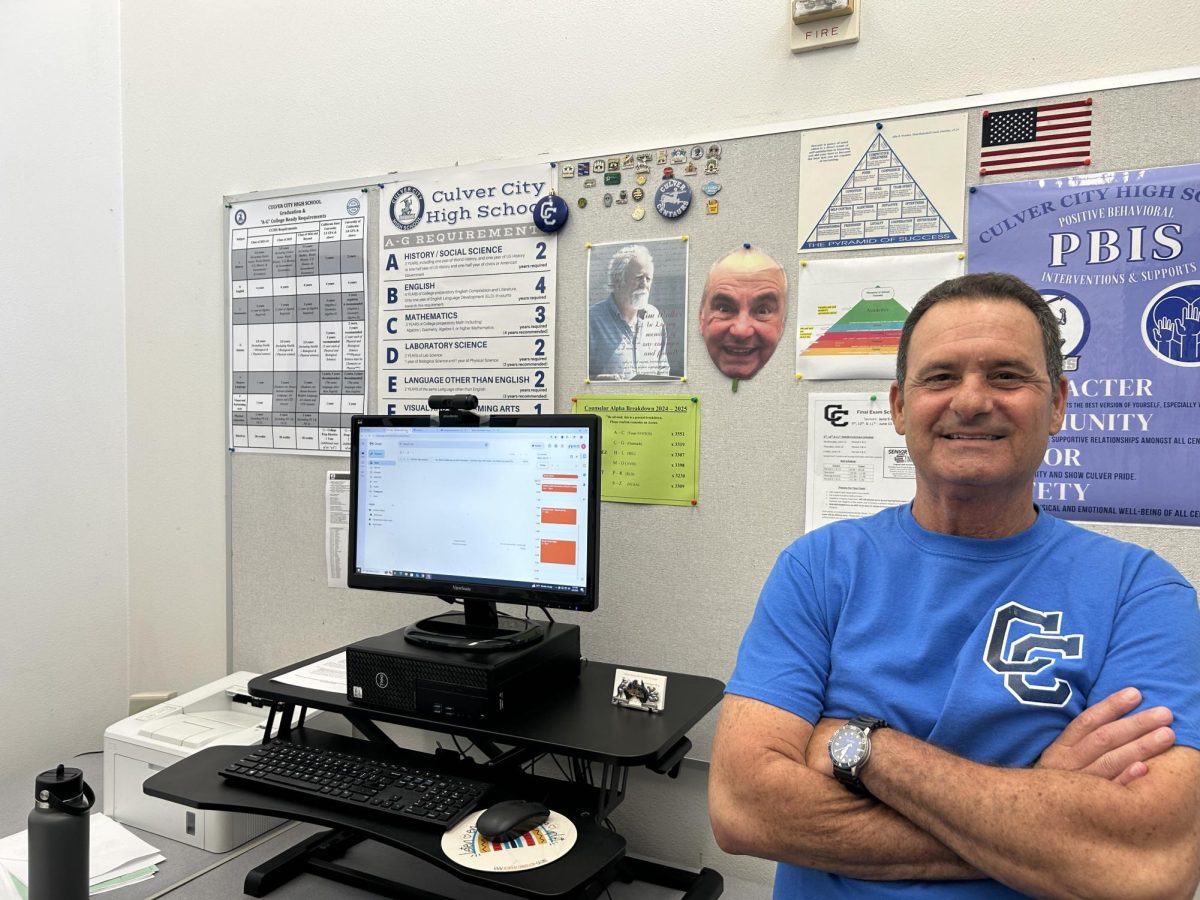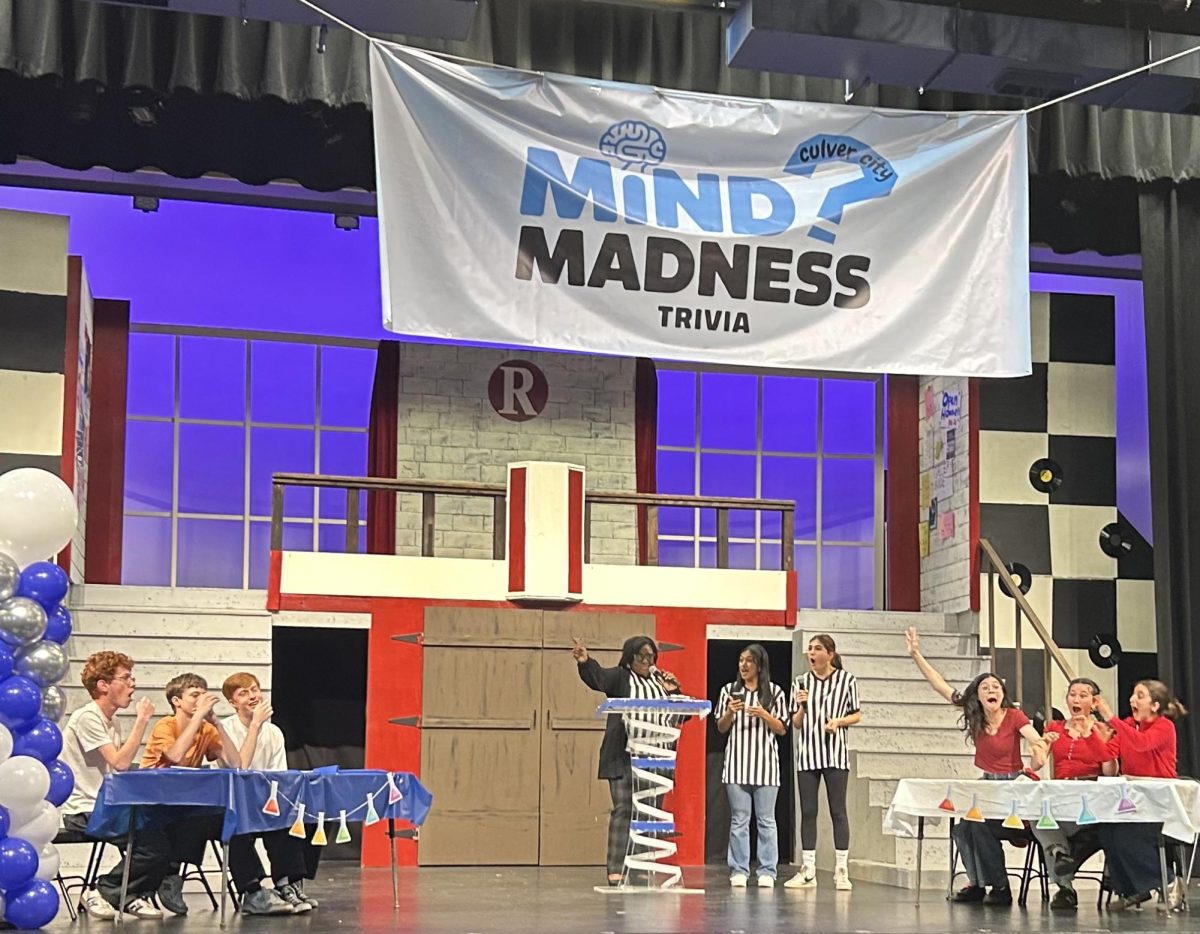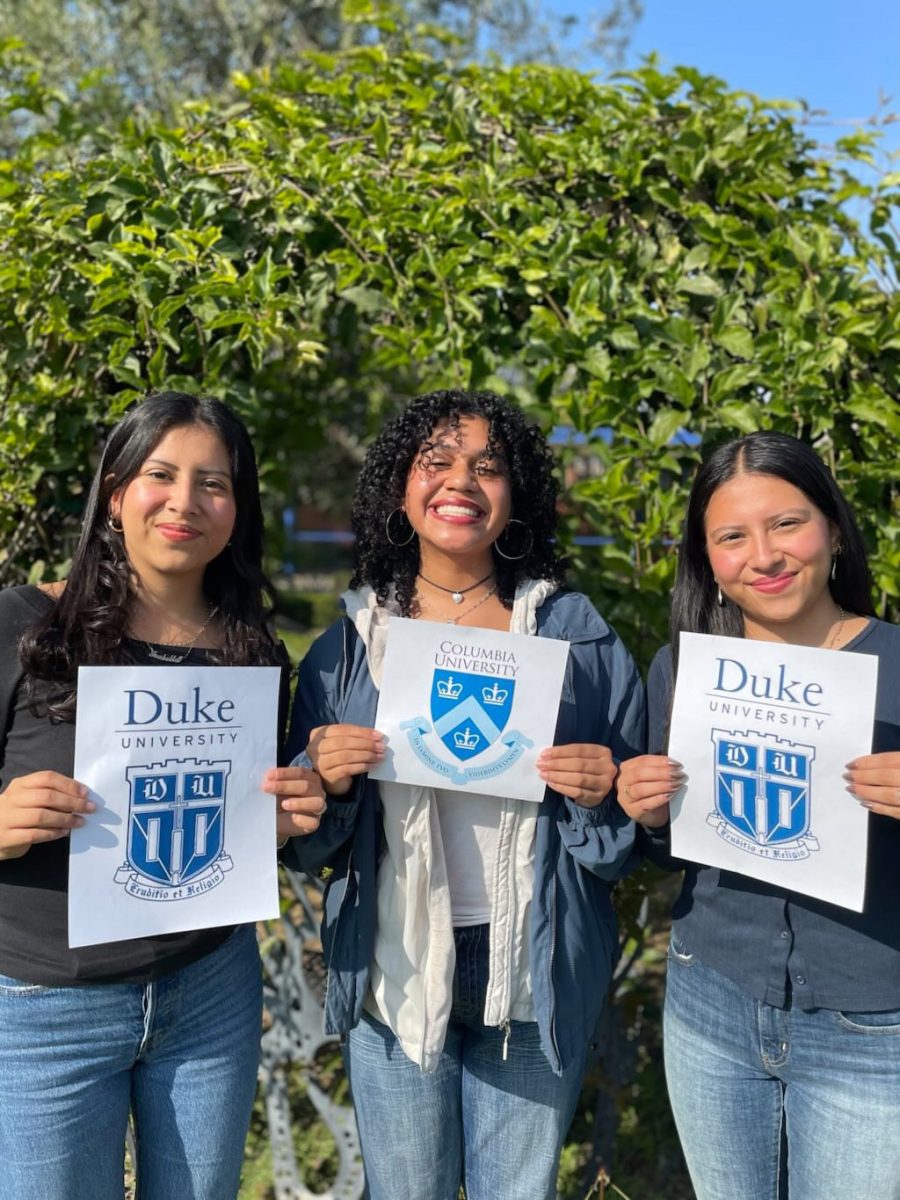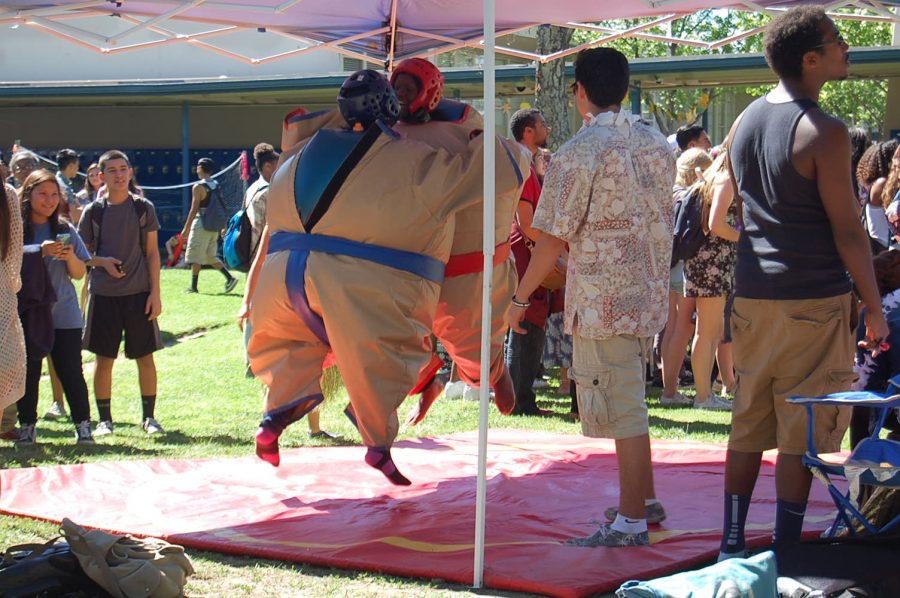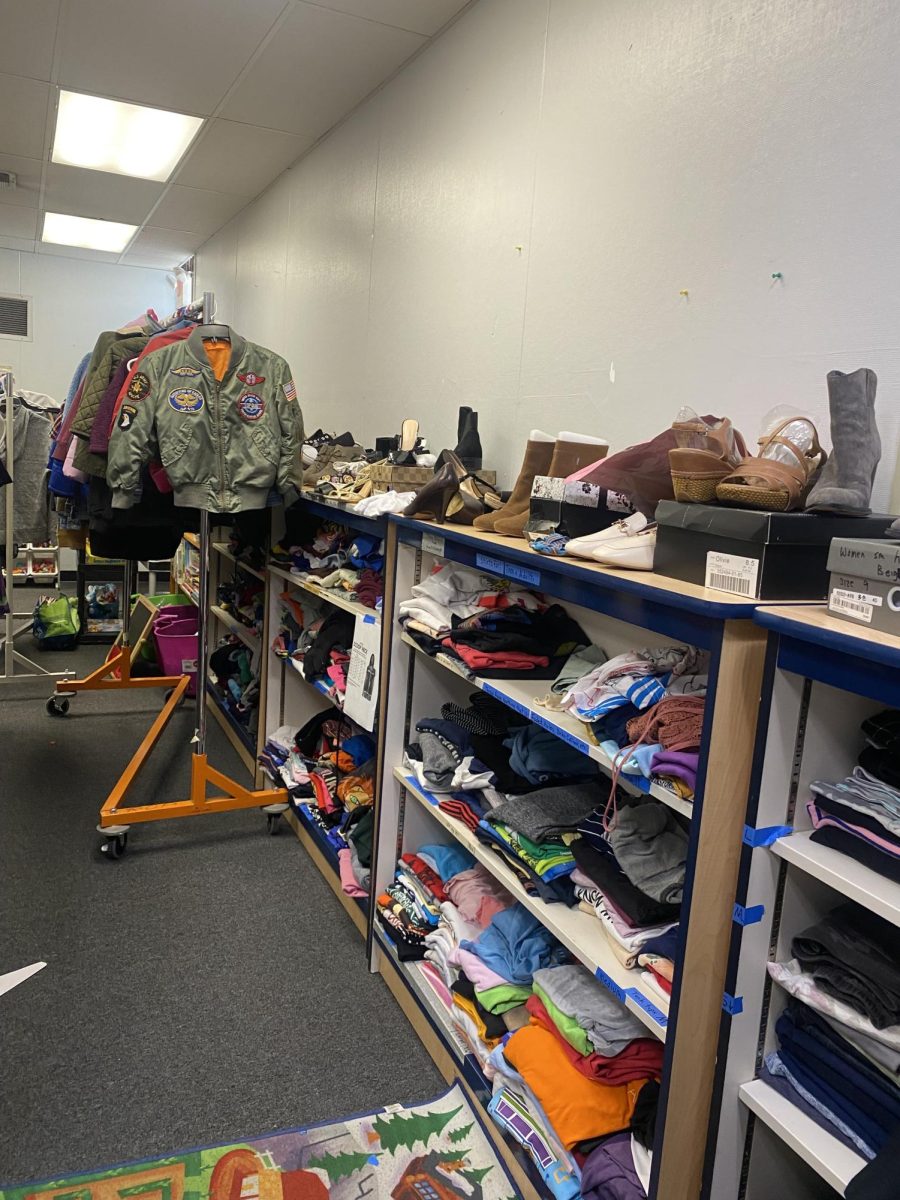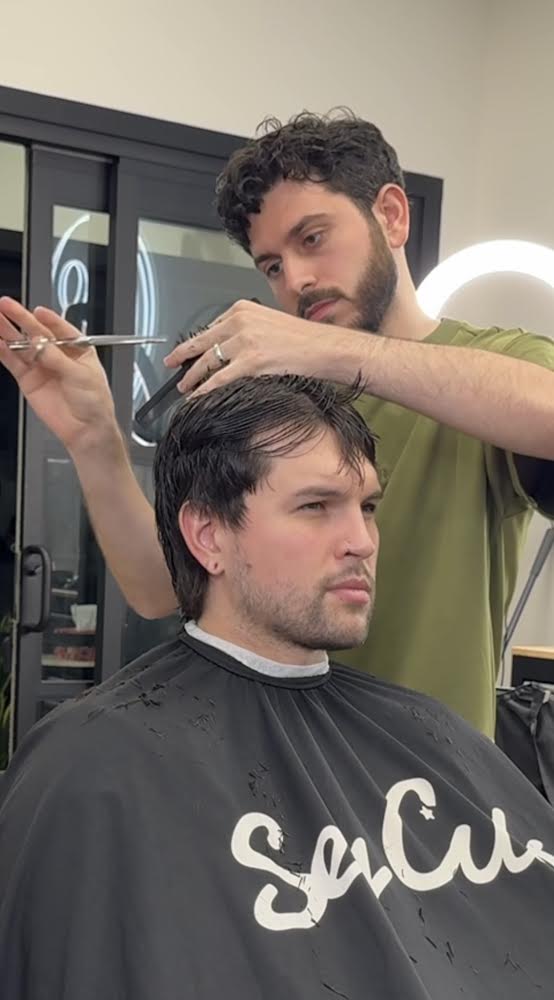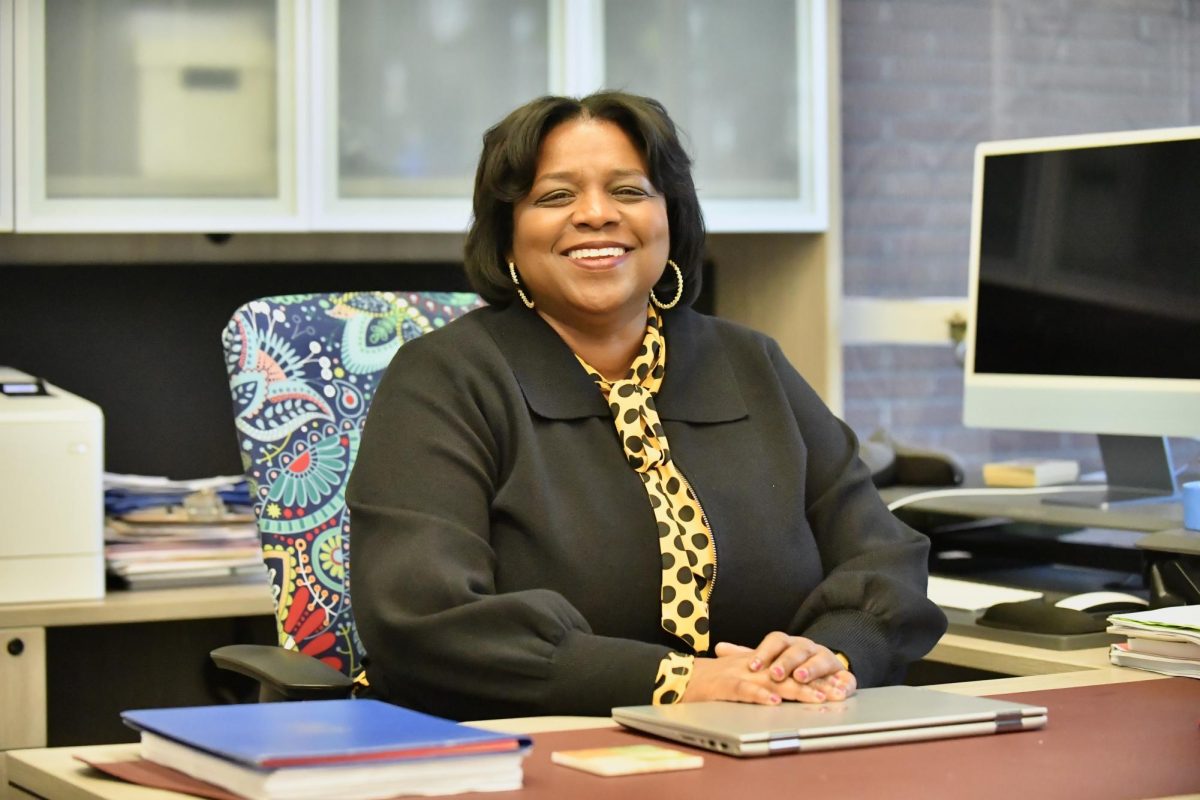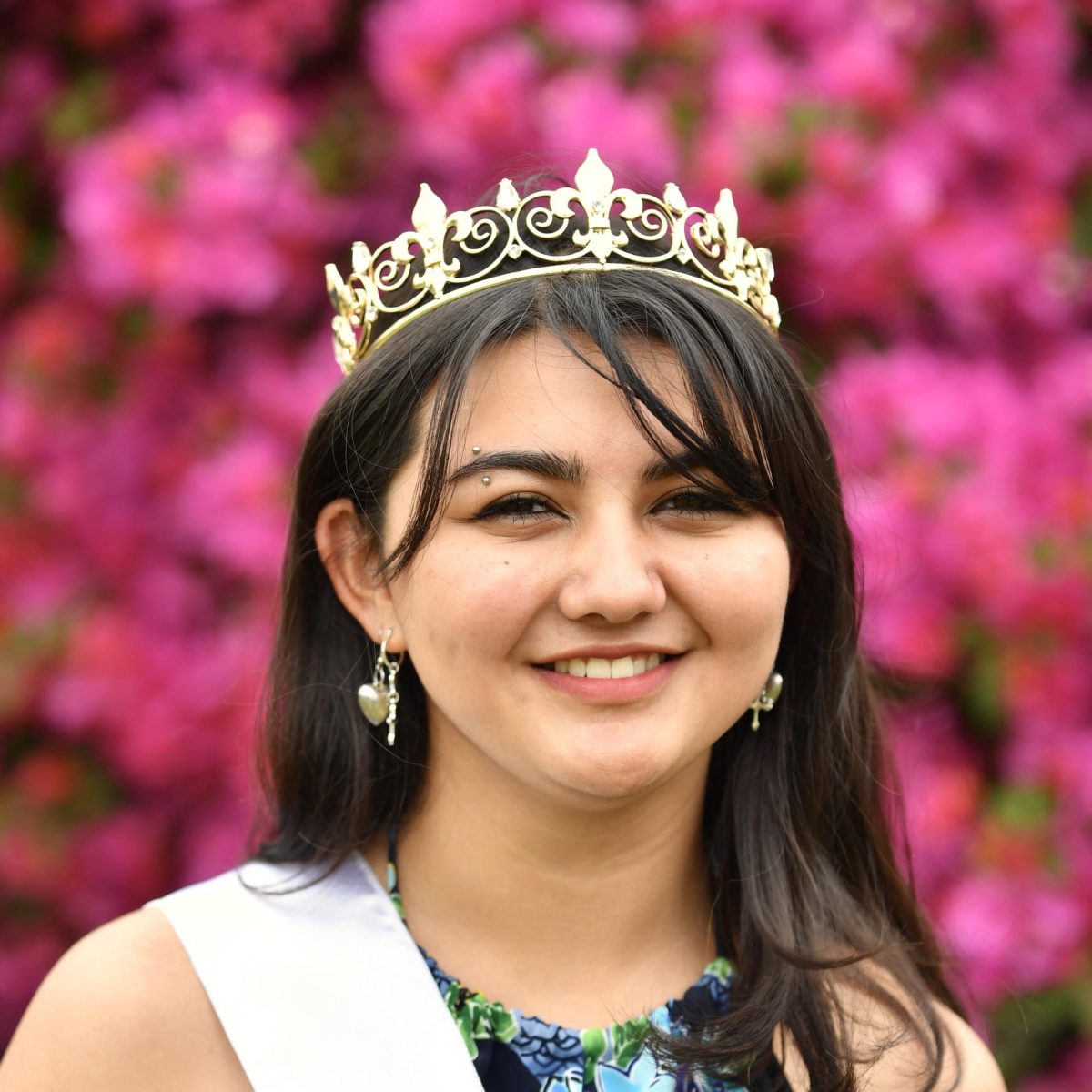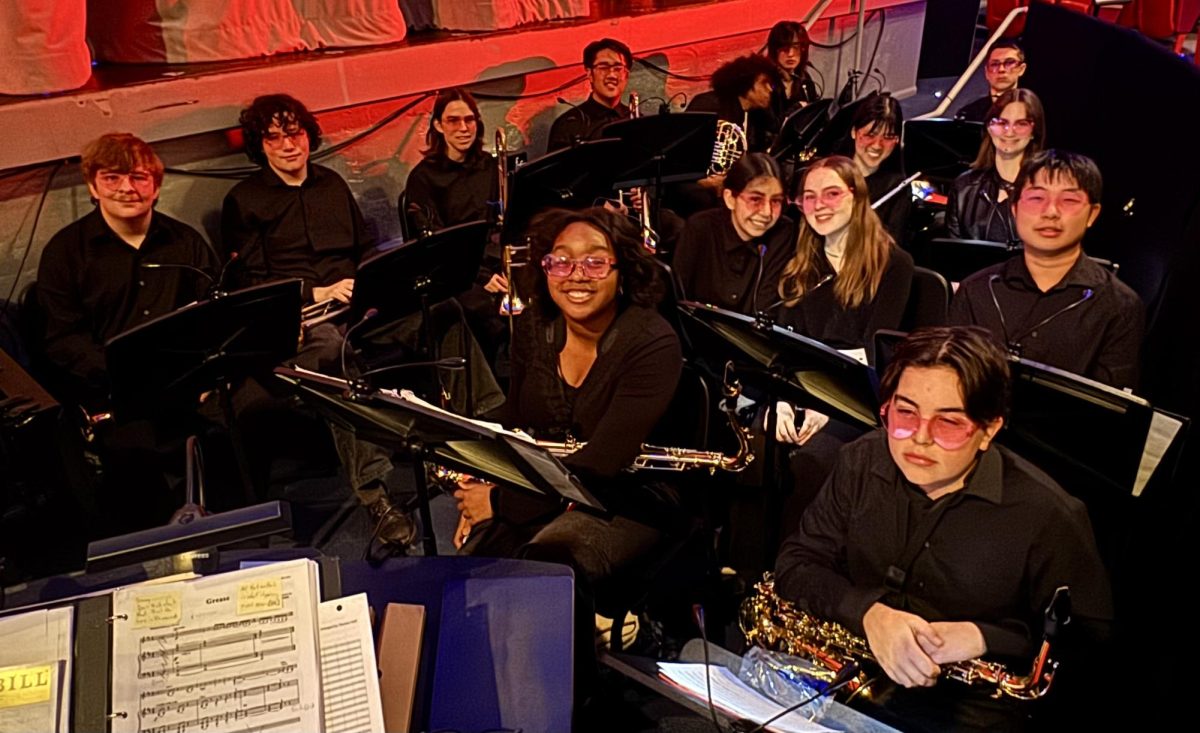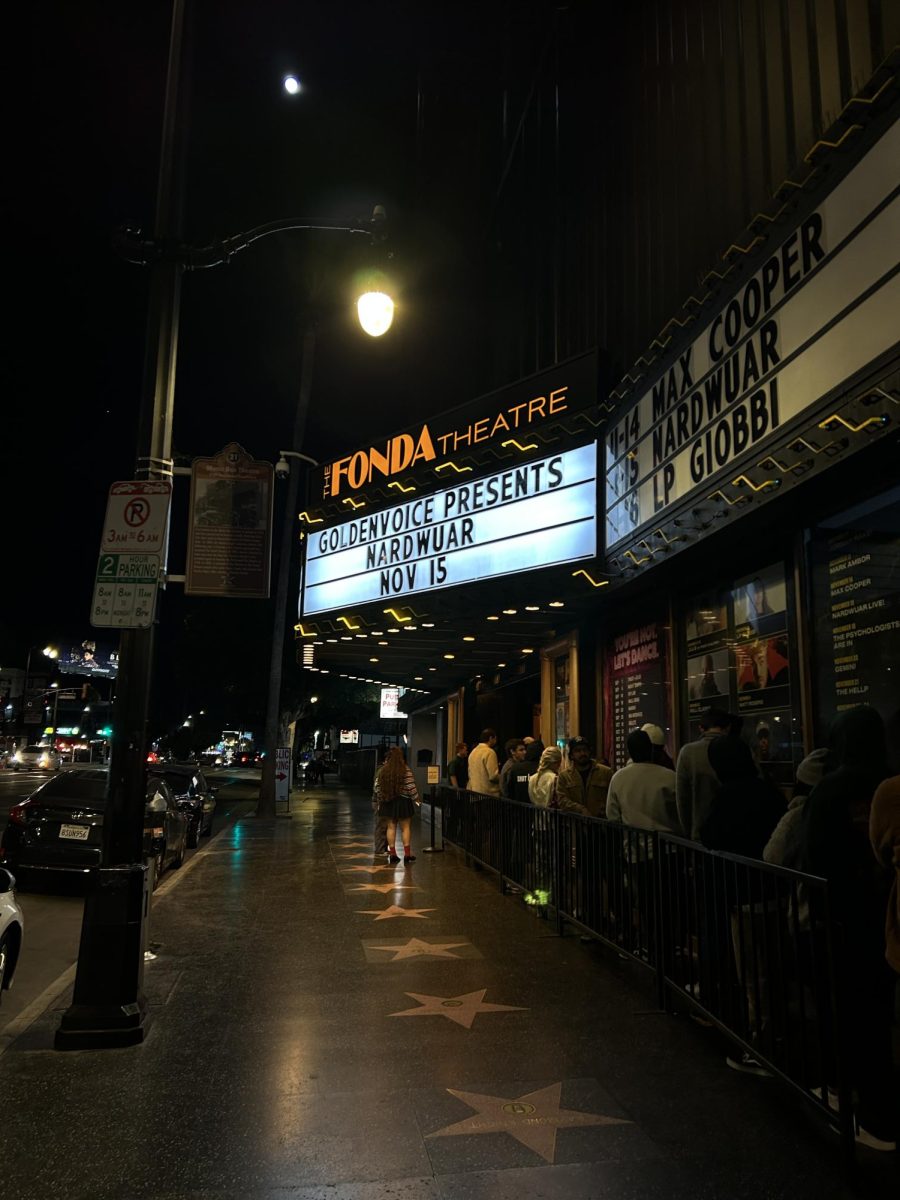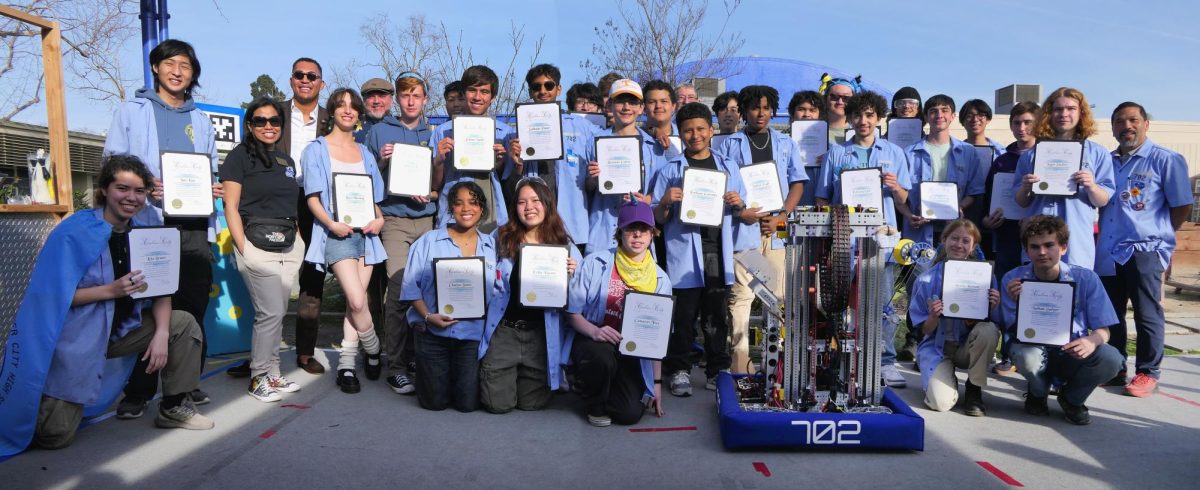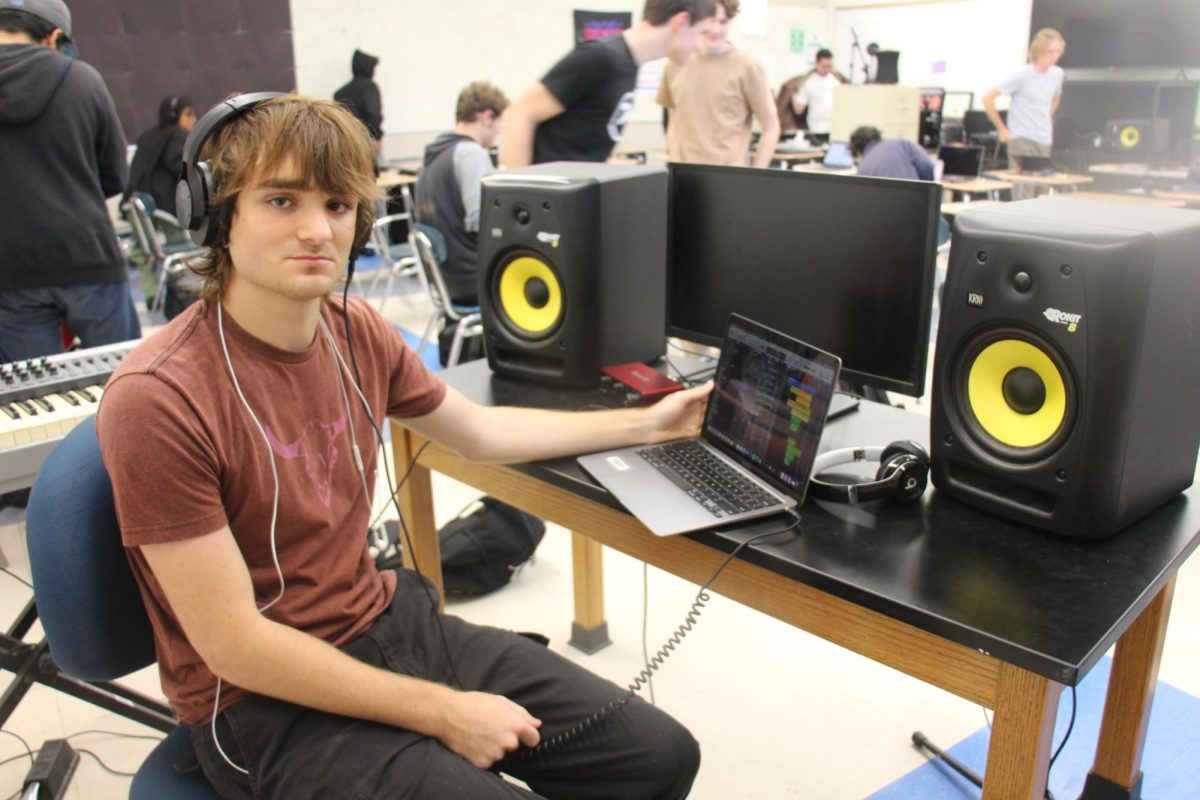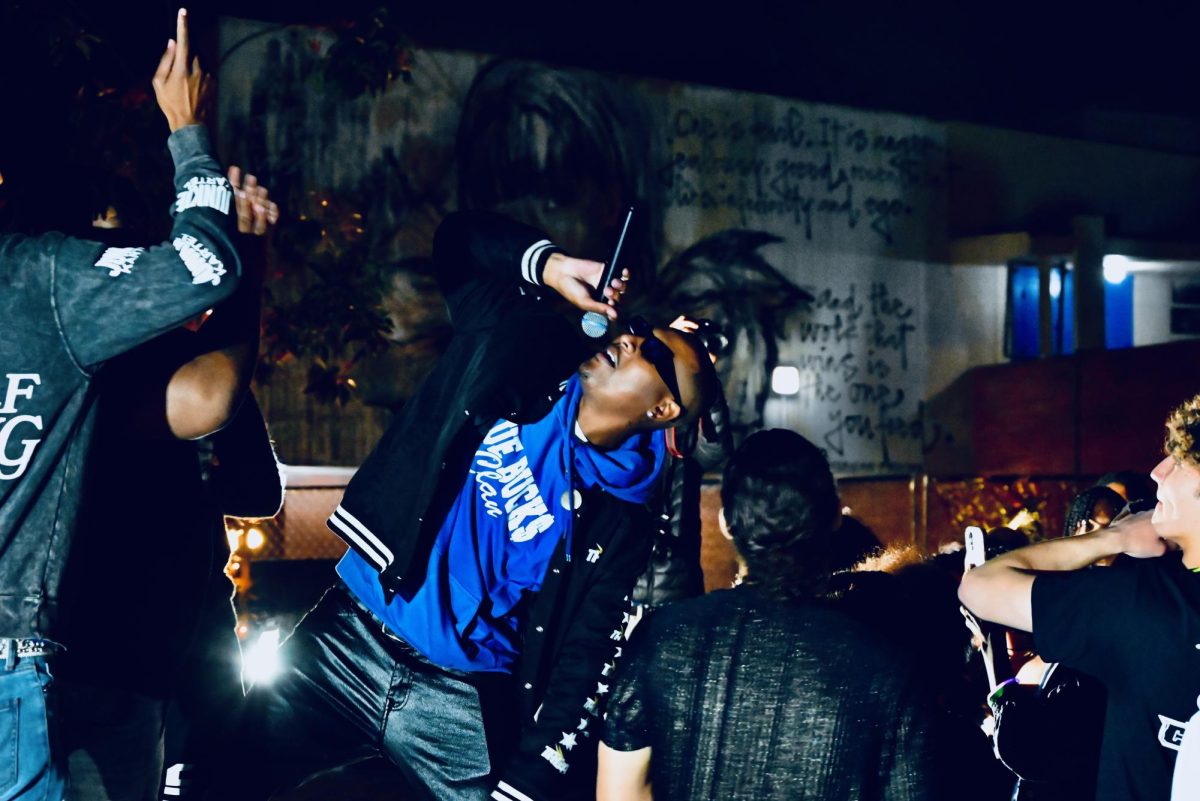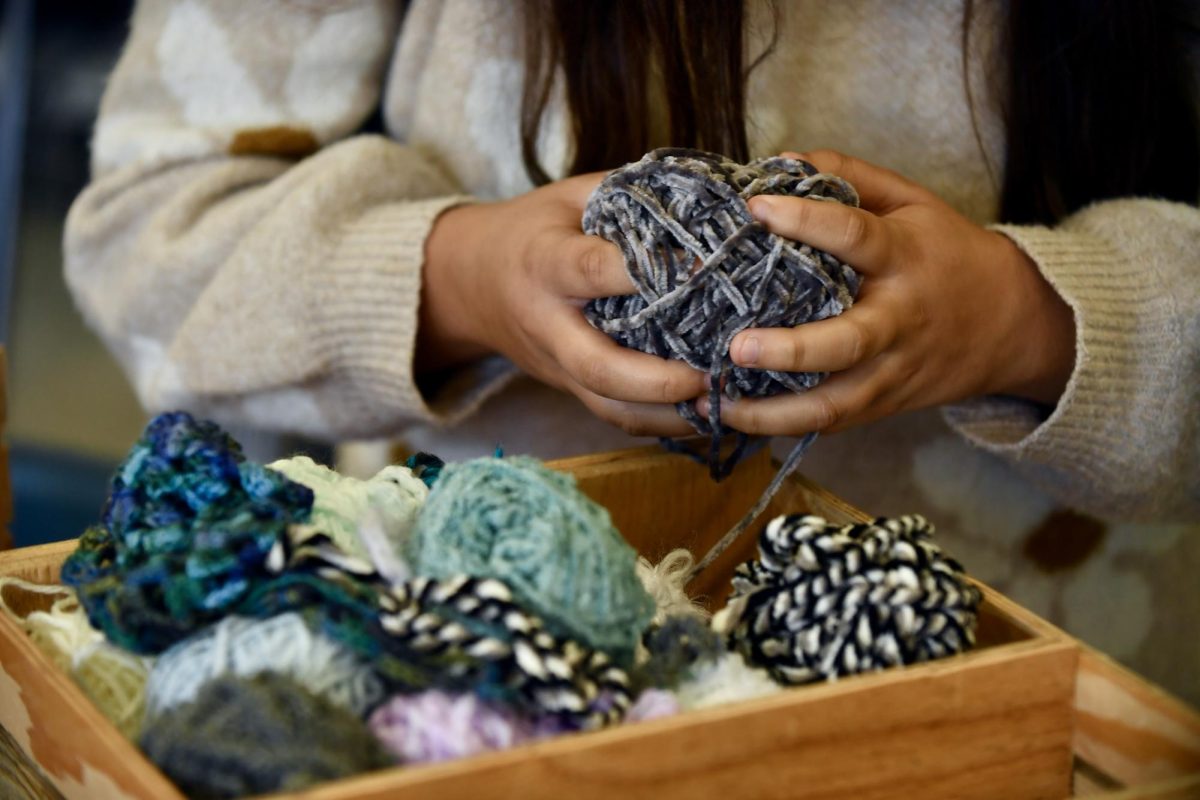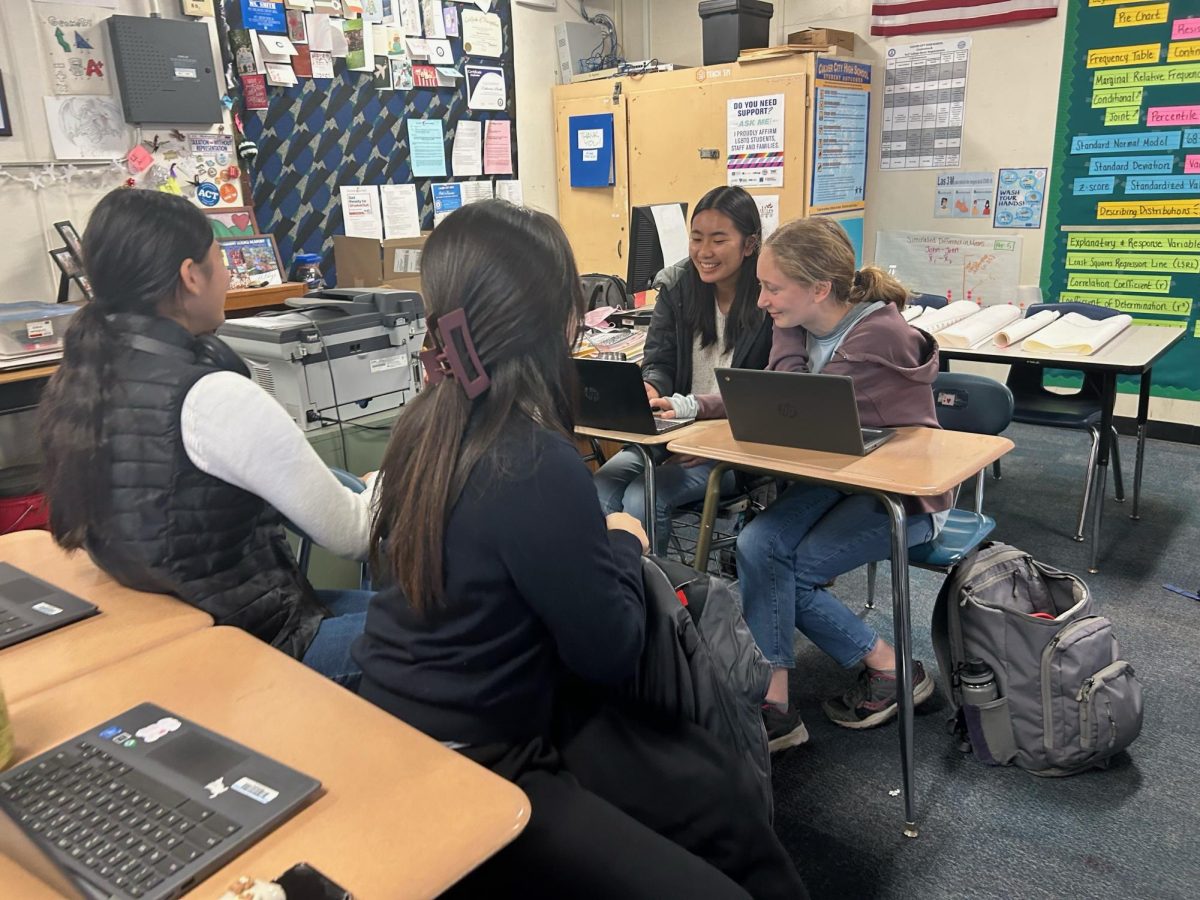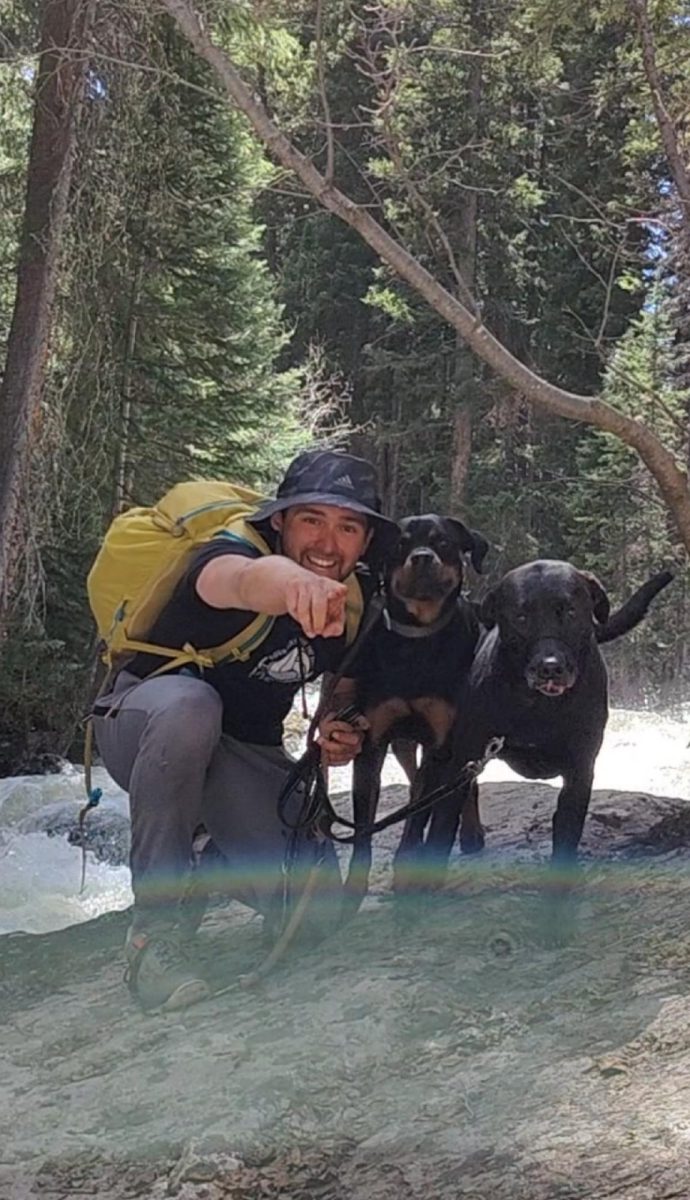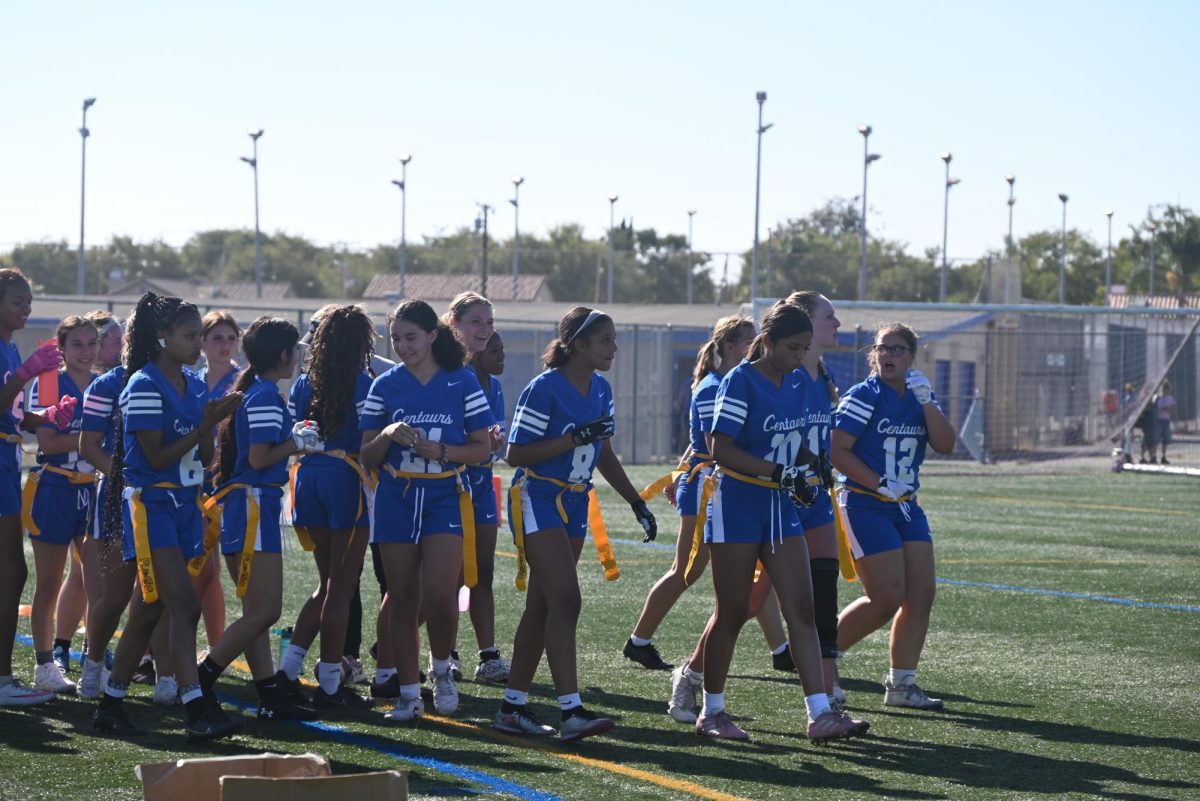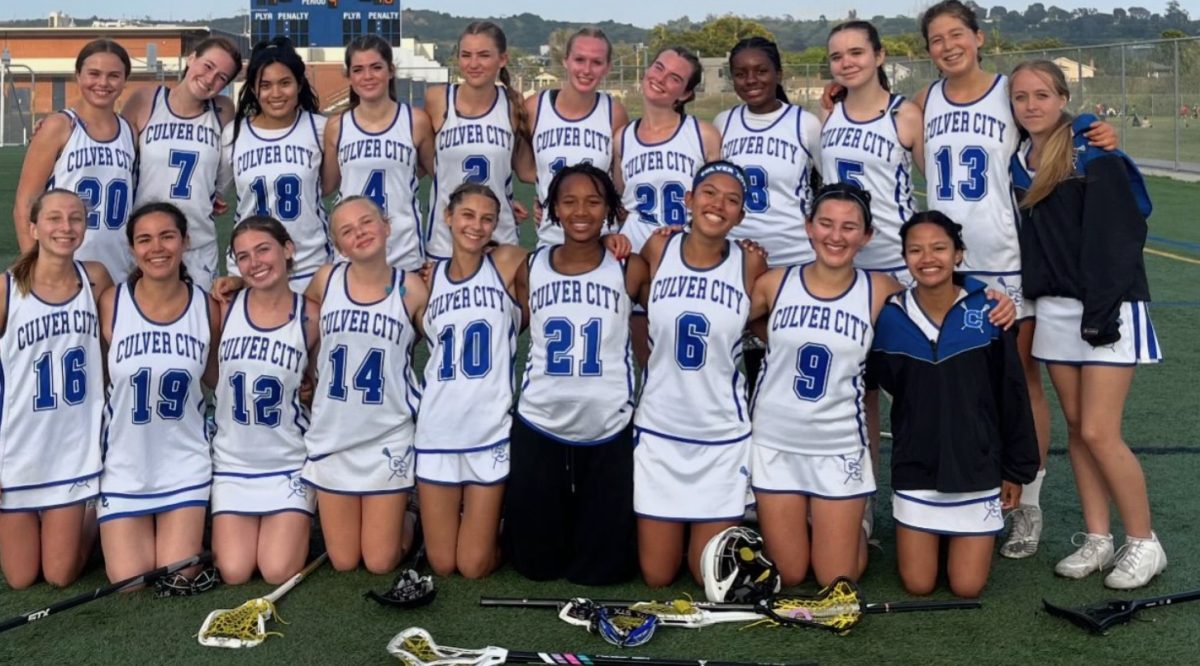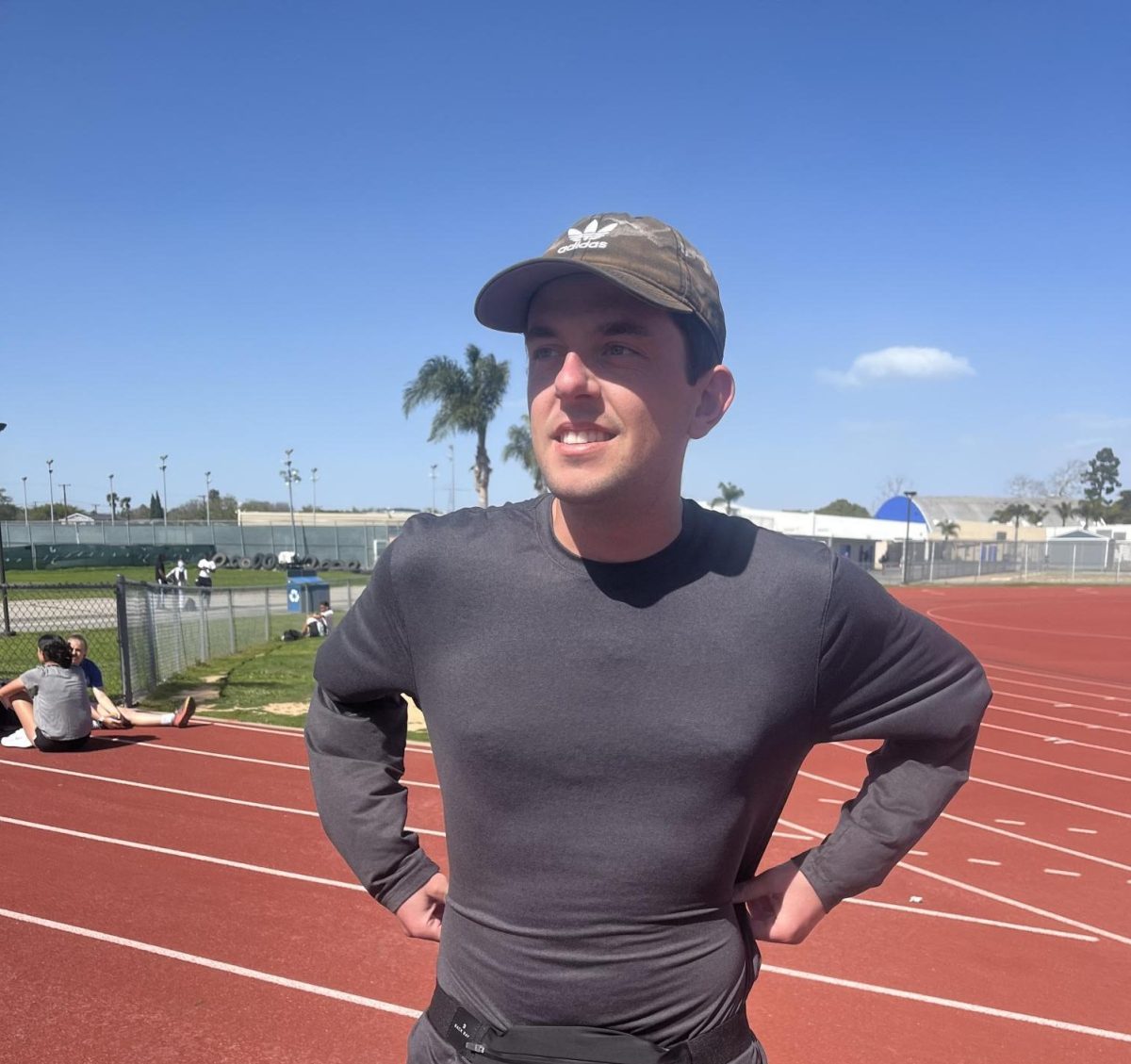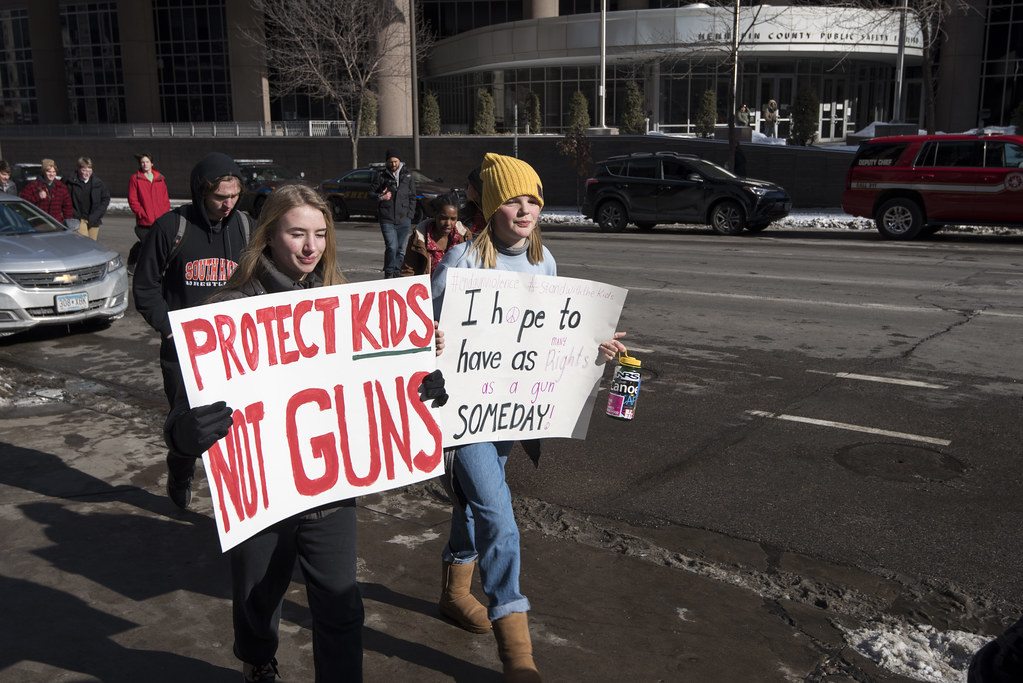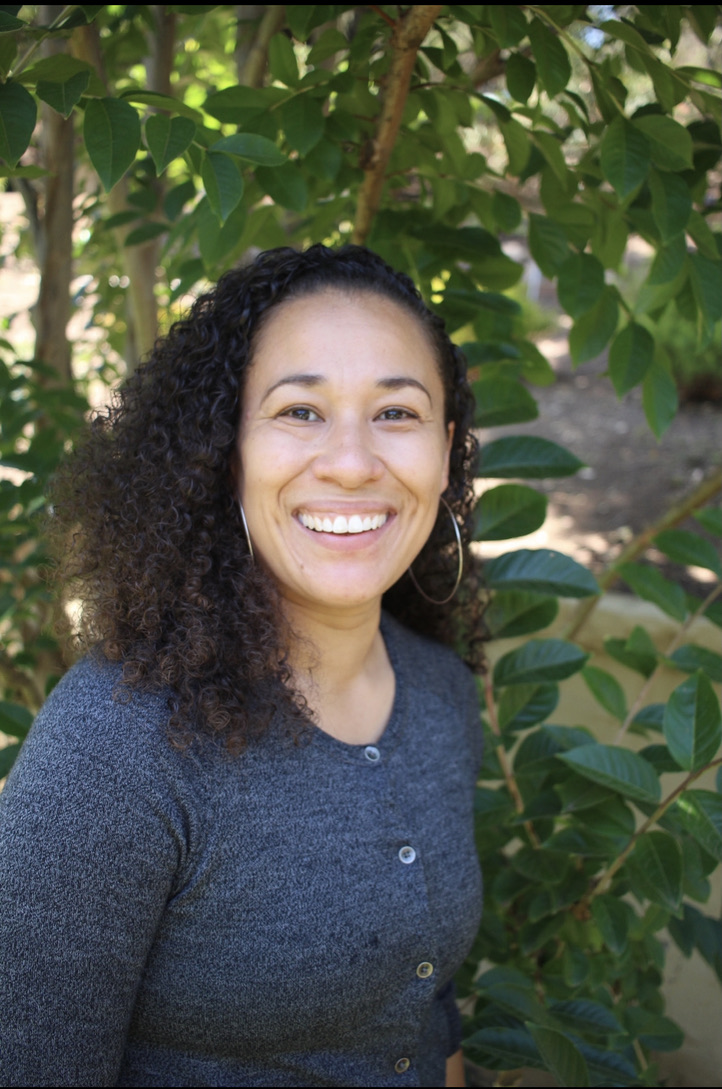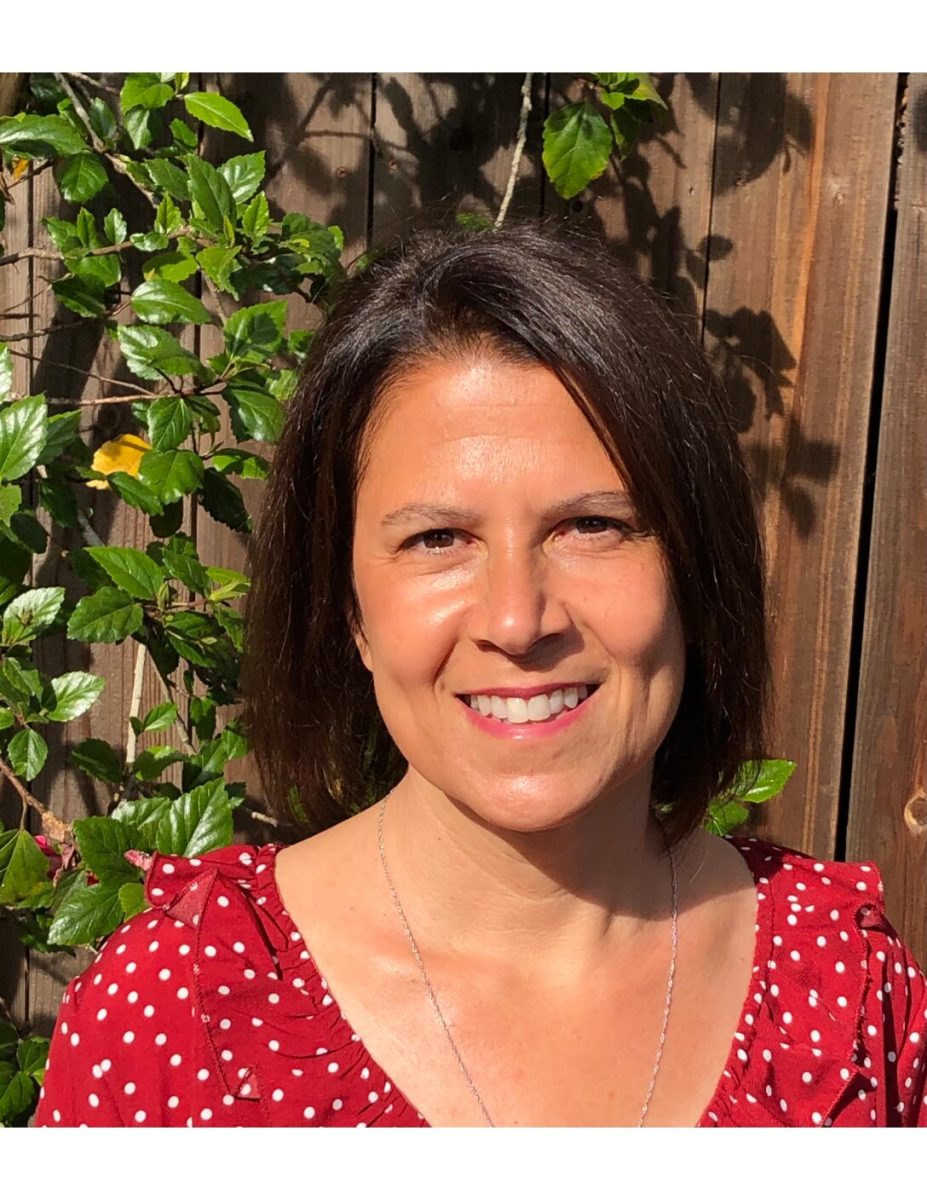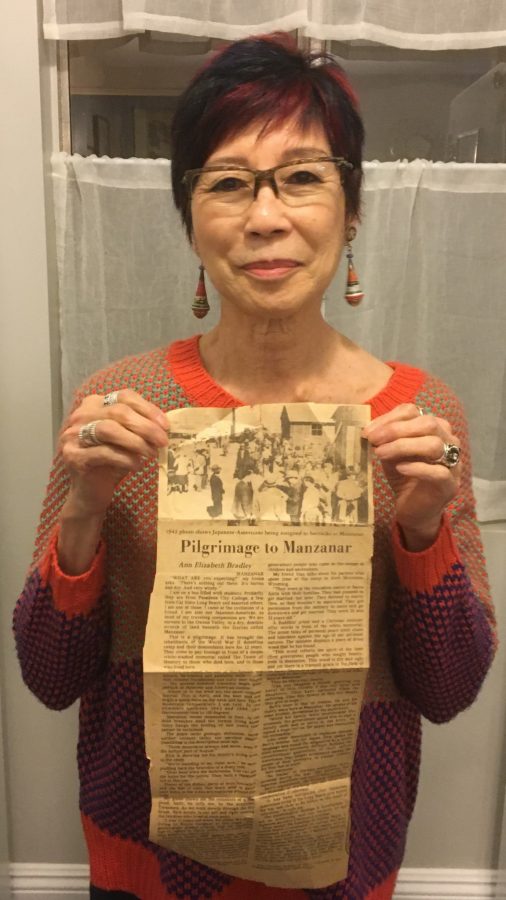America was founded on the false rhetoric which promised equal rights to all citizens. Let’s not kid ourselves; what the founders really meant was not freedom to all, but more of a freedom to white males at the expense of individual freedoms being revoked from others. The conflict of interest stressing such cases is the debate between freedom vs security. Every American citizen sacrifices some form of freedom with the common goal of protecting the community. Too much freedom and we find ourselves an anarchy, yet too little freedom will look like the interiors of North Korea.
The threat we face as a nation, however, is not the end result of anarchy or a dictatorship such as North Korea. It is the concept of revoking freedoms from some individuals which supposedly protects the entire community. It’s an action which has been frequently taken throughout history. From Jim Crow Laws to the Chinese exclusion act of 1882, we continuously see actions taken to reduce certain minority groups rights in attempt to protect the well beings of Americans. Although the Americans who want such actions taken aren’t necessarily a very diverse group.
Taking rights and liberties away from a target group of individuals is especially dangerous. “Why should we assume the faults of our friend, or wife, or father, or child because [they] are said to have the same blood?” writes Ralph Waldo Emerson, who in his essay titled “Self Reliance” stresses the dangers of targeting minority groups for who they are as individuals. At the end of the day, we are all human, and we all have the right to be treated equally without factoring in personal traits.
Espionage is the act of spying on the Government, and in Executive Order 9066 you can find the Government accusing all Japanese Americans as a mass threat of Espionage – claiming that they were spying on the United States. The result? 120,000 Japanese Americans – of which 62% were American Citizens – lost their way of life in a span of 2 weeks after the order. “Herd ‘em up, pack ‘em off and give ‘em the inside room in the badlands. Let ‘em be pinched, hurt, hungry and dead up against it . . . Personally, I hate the Japanese. And that goes for all of them” wrote Henry McLemore, an active columnist during World War II who basically summed up America’s hatred towards the Japanese Americans. And so the insult “Jap” was born.
“I remember my mother waking me up early one morning and telling me to fill up my suitcase because we had to go somewhere” reiterates Helen Takahashi, a process which countless other Japanese Americans had to go through. It was the beginning of a depressing era in American history. “They had no personal respect for anyone or our culture. We had to shower naked without stalls, and the housing situations were terrible. The flooring and walls were not sealed, and the desert winds constantly flooded the place with sand. It wasn’t big either – imagine sharing a 1 bedroom apartment with 4 families.”
During the war, the US Army even had the guts to ask the Japanese Americans who were locked up to fight in the War. Many volunteered to prove their loyalty to the US, forming the 442nd Infantry Regiment, leaving their families locked up and went off to fight. Post-war, Harry Truman told each 442nd Regiment soldier that “You fought not only the enemy, but you fought prejudice. And you won. You have made the Constitution stand for what it really means: the welfare of all the people, all the time”. America defeated hate in World War II. The Internment camps started out as an idea fueled by hate. It is unforgivable to bring about that same idea, targeting the freedoms and liberties of certain individuals in a minority group again.
When the war ended, and the camp detainees were released, each were given $20 and a ticket to anywhere. Many wandered around aimlessly as the place they once called home was snatched from their fingertips. Employment for Japanese Americans was scarce, since a strong Anti-Japanese sentiment would continue to flourish in America for over a decade.
America made a mistake the day it issued Executive order 9066; however, it seems as if we as a nation are failing to learn our lesson.
These continuous mistakes are cracks within the racist foundation that our country still holds so steady on. These mistakes are traces of the scars of discrimination against ethnicity and religion that are still visible to this day. The wounds that these minorities and religious groups once suffered through are suddenly reopened and bleed out as the forces of racism cut through as a sharp dagger in the face of humanity and peace.
As a Muslim woman in the 21st century, my heart goes out to the injustice shown to minority groups and religious groups, especially my fellow Muslims that are purposely targeted. As the President-Elect Donald Trump stepped into office on the 21st of January, it took less than a full week for him to issue out his first executive order . An executive order announced on the 27th that backlashed against minorities and refugees and called on the people of this nation and every other nation to re-evaluate the values of the American nation. This executive order, dubbed by some to be the “Muslim Ban”, puts a suspension on the US Refugee Admissions program for 120 days, along with a 90 day visa suspension put on anyone arriving from the countries of Iran, Iraq, Libya, Somalia, Sudan, Syria or Yemen. The ban put on these countries with a majority Muslim population is justified by Trump as ‘protecting the nation’ and the citizens from terrorist attacks in the United States.
This executive order resulted in an uproar and a wave of protests from people fighting against this act of injustice. This order shook the people of this nation as realization set in on the true motives of this nation that they thought was once built on a structure of morality. Although the ban is going through revisions and modifications, it is still an executive order that holds many controversial views.
There is a fine line between using “protection” as a justification and using it as a weapon of discrimination. Trump’s motto of “America First” is based on the belief of protecting America from any threat or danger. However, it is evident in the examples of history that it really is the nation once again, whipping out their blades of racism, slashing them in the face of humanity and watching as the blood flows. The scars that our American nation thought we had patched up and left behind were never really patched to begin with. The blood has been flowing out all these decades in situations of police brutality against black people, burqa ban against muslim women, discrimination towards ethnicity groups like Hispanics and Asians, and now by blockage of 7 heavily Muslim populated countries from entering the United States.
The threat does not lie among the foreigners and refugees coming from these countries, but lies within the racist foundation of America as it attempts to block out any source of diversity that ensures a threat to this so-called vision of “white supremacy”. The threat lies in the fact that our nation continues to grow on the roots of racism. It lies with the fact that these racist roots of this nation are constantly being nurtured by implementations of discriminatory orders, laws, and hateful violent policies. It lies within the fact that this nation continues to grow like this without realizing that these roots need to be pulled out and replaced.
This is not the time where we shy away from the strong forces of racism. This is not the time where we look back to yesterday’s history searching for answers or wait for tomorrow for the answers to come to us. This is the time where we stand up and create answers and solutions in this very moment. This is the time where we fight back against the blades of racism with our words and peaceful actions. This is a time where we stand up for that refugee family trying to find solace in America, for that foreign family trying to build a better life in America for their kids, for those trying to escape their tyrannical government, and for those who battle against the swords of racism every single day as they question why their ethnicity or religion has restricted them from so many of their natural rights.
Who are we, as citizens of this nation, to take away the rights of innocent individuals only to make us feel safer, even if it doesn’t actually make us safer? Who are we to simply forget the American lives lost in fighting prejudice? For committing such acts does not make us safer, it makes us racist. Whether we are American or not, each and every one of us are human beings and nothing makes our life more important than a refugee’s life.
Why it Hurts to Forget
February 28, 2017
0
More to Discover
